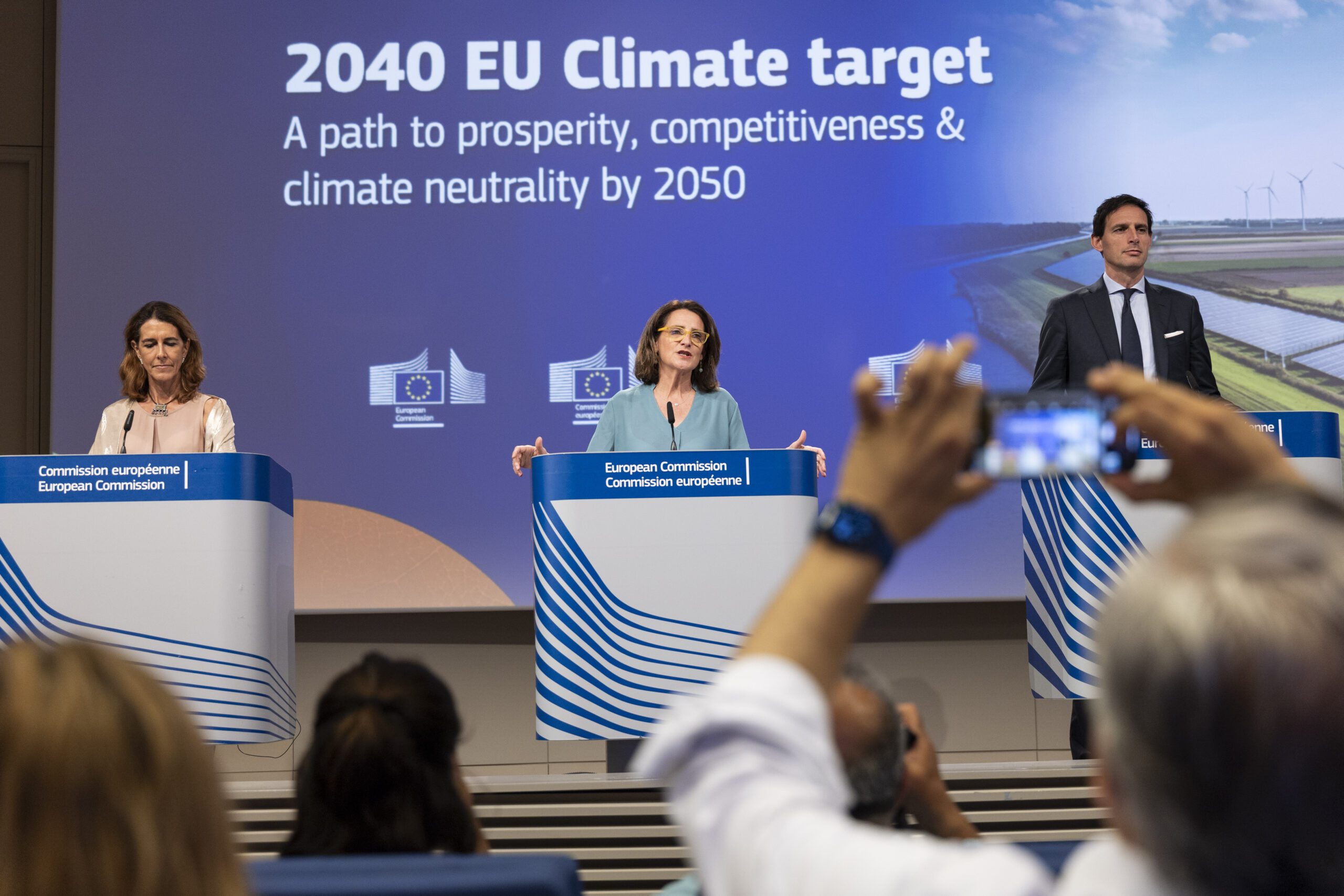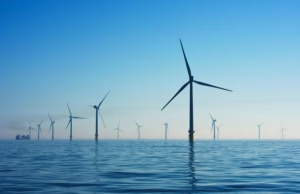- Global and Internal Pressures: Significant pushback from major economies like the U.S. and operational challenges within the EU have delayed the implementation of the EU Deforestation Regulation (EUDR).
- Concerns Over Practical Implementation: Businesses and emerging economies express concerns over the feasibility and rapid implementation of the new regulation.
- Focus on Compliance and Transparency: The EU emphasizes the need for stringent compliance to address deforestation through supply chain transparency.
EU Delays Deforestation Law Amid Global Pressure and Internal Challenges
The European Union has postponed the enforcement of its ambitious deforestation law until the end of 2025, succumbing to extensive global and internal pressures. Originally set to enforce stringent measures to curb global deforestation effectively by the end of the year, the EU faces opposition from key global players and internal stakeholders, leading to a recalibration of its environmental strategy.
Global Resistance and Economic Concerns
The push for delay stems from significant global powers including the U.S., which argued that the swift implementation could harm American agricultural and commodity producers, reflecting broader international resistance. Internal EU sources indicate that several member states, along with major exporters like Brazil and Indonesia, have expressed similar concerns, citing the regulation’s potential to disrupt existing supply chains and market dynamics significantly.
Detailed Compliance Challenges
Critics of the EUDR, particularly from countries with significant agricultural exports like Australia and Brazil, argue that the EU’s data on deforestation and forest degradation used to enforce the regulation is flawed. These countries contest the geographical accuracy of the EU’s environmental maps, which crucially define the areas considered as forested and thus regulate the permissible sourcing of commodities. This discrepancy raises concerns about the fairness and feasibility of the regulation, potentially leading to unjustifiable market exclusions.
Political Dynamics and Implementation Hurdles
Moreover, the internal political landscape within the EU has grown increasingly complex, with economic pressures amplified by external factors such as geopolitical tensions and global market fluctuations. These challenges are compounded by the logistical difficulties of implementing such a comprehensive regulation, which requires robust tracking and verification systems across diverse and often opaque supply chains.
The Path Forward
Despite these setbacks, the EU remains committed to its green goals, although skeptics worry that delays could undermine the credibility of its environmental policies.
“We must now ensure that the postponement does not open Pandora’s box and that the law is not weakened,” stresses Anna Cavazzini, a lawmaker from the European Parliament’s Green group.
As the EU navigates these complex challenges, the global community watches closely to see if it can maintain its leadership role in the fight against climate change while balancing the diverse needs and concerns of its members and international partners.
Related Article: Banking on Nature: Financiers Take Aim at Deforestation

 Follow SDG News on LinkedIn
Follow SDG News on LinkedIn











